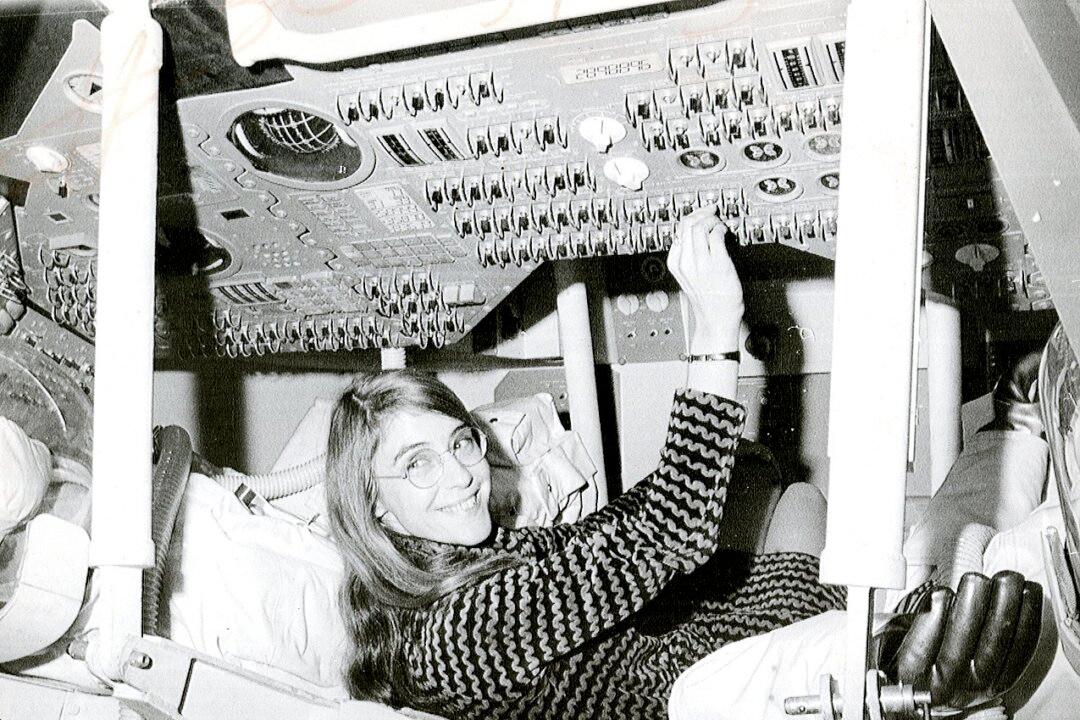In 1782, John Jay traveled to Paris with Benjamin Franklin and John Adams to discuss peace terms with the British. He, in particular, fought for British recognition of the United States and for all of the land east of the Mississippi, doubling the size of the nation. But doubling the nation was only a fraction of his contributions to establish, solidify, and ensure the safety of the newborn country.
While in Paris, and with the help of his wife, he befriended the Marquis de Lafayette, Angelica Schuyler, and other important figures living in France. These ties were vital to the relationship between the United States and France, the young country’s only ally during the Revolution. Jay prevented France and Great Britain from having their own secret negotiations that would have put fledgling America at a great disadvantage. After the negotiations in Paris, Jay and his family returned to New York, where he helped build the United States government.




